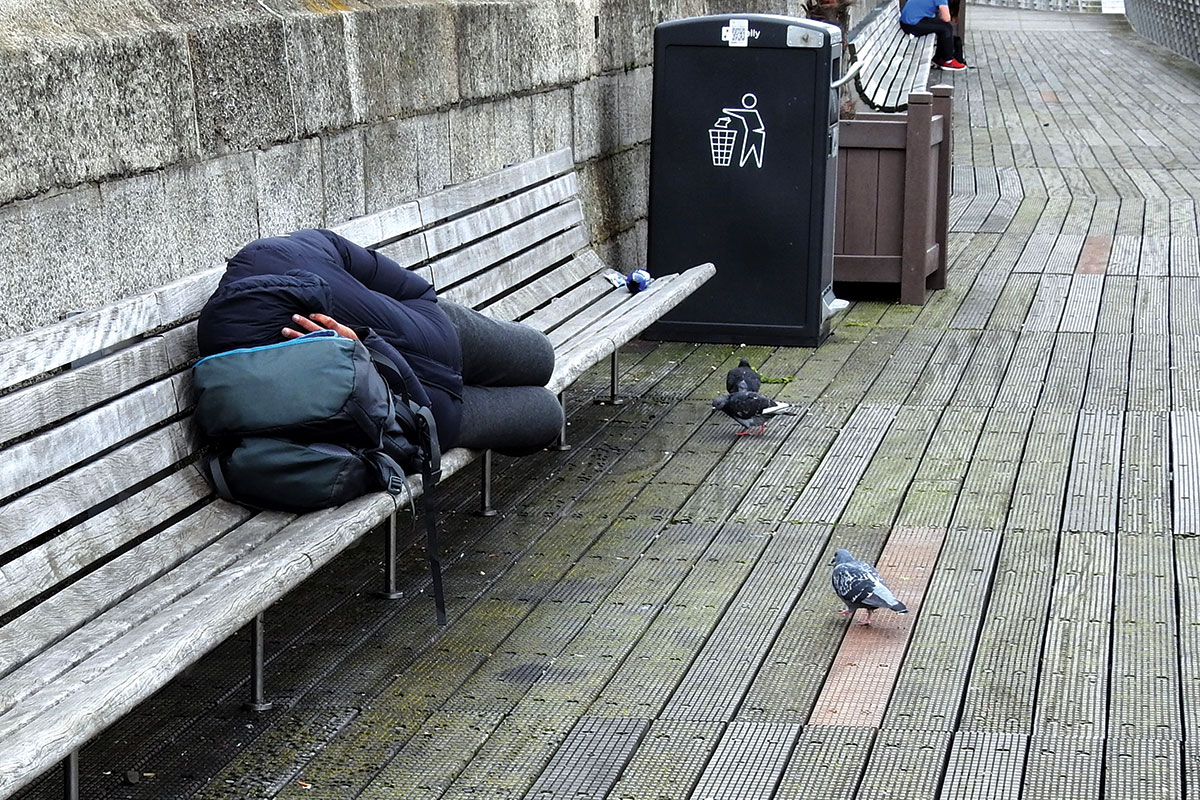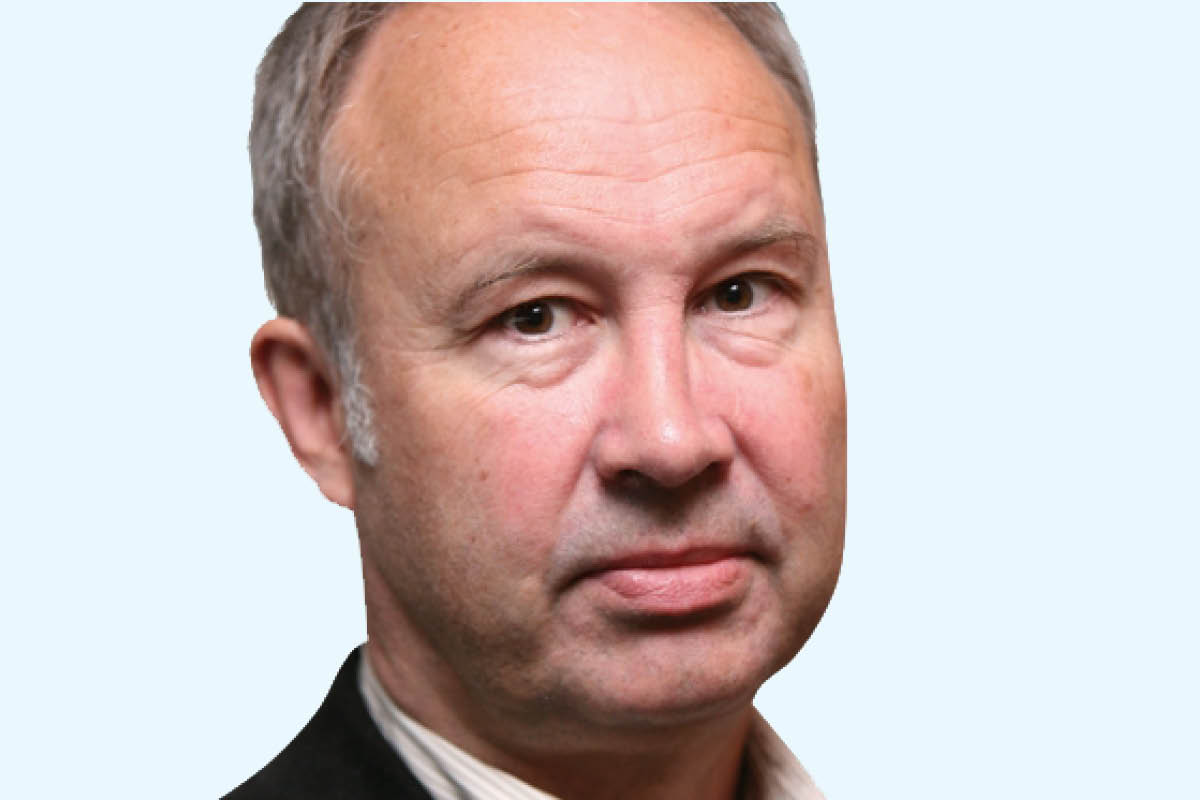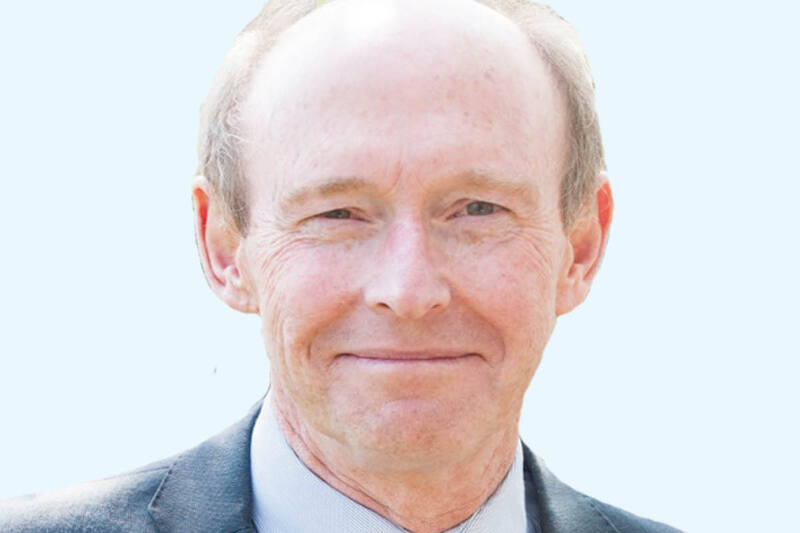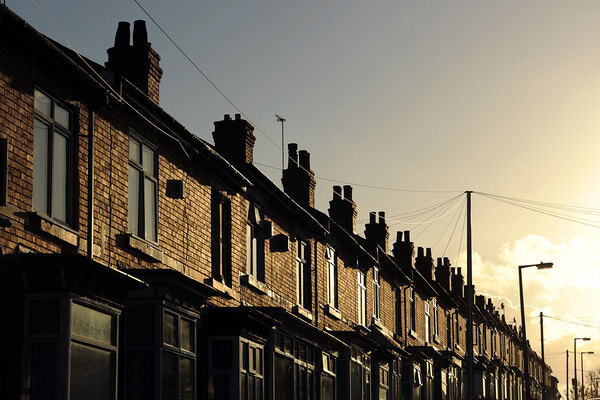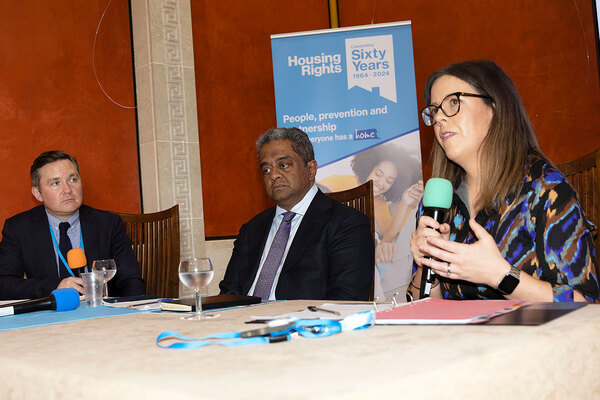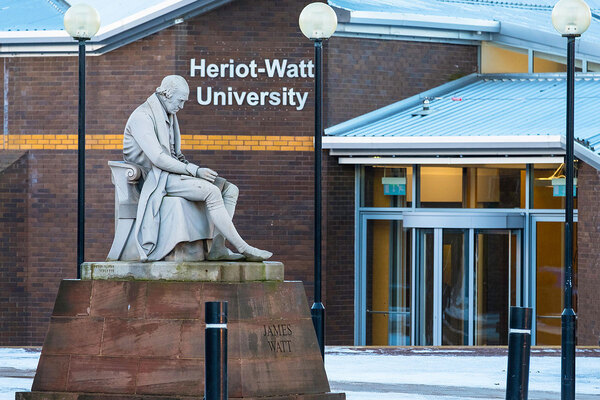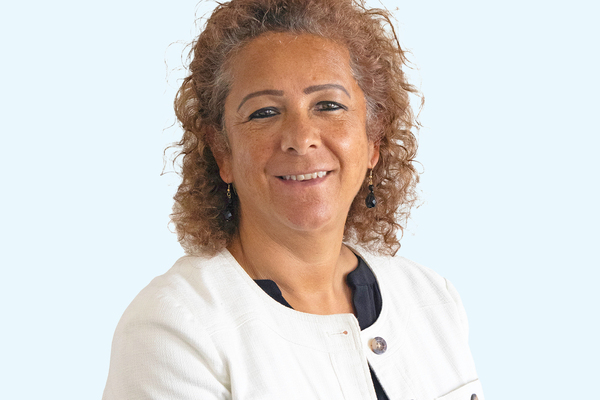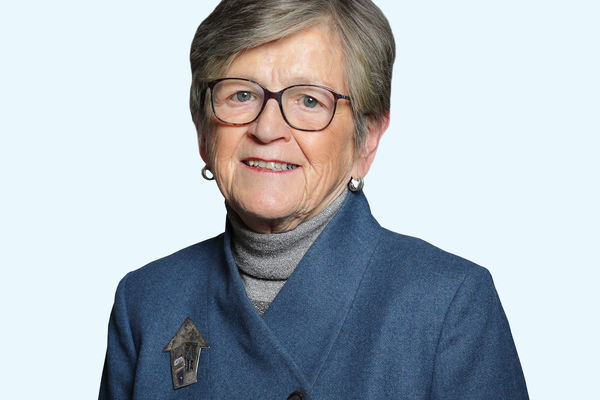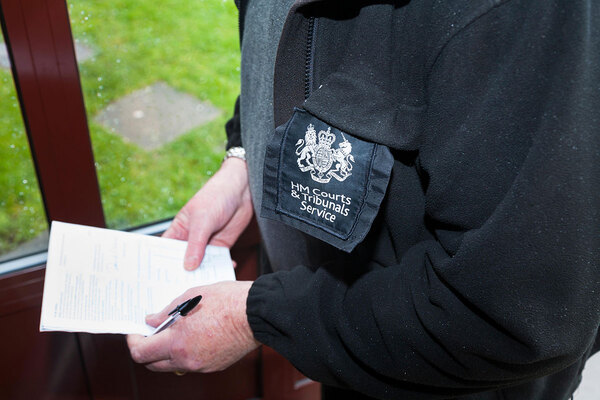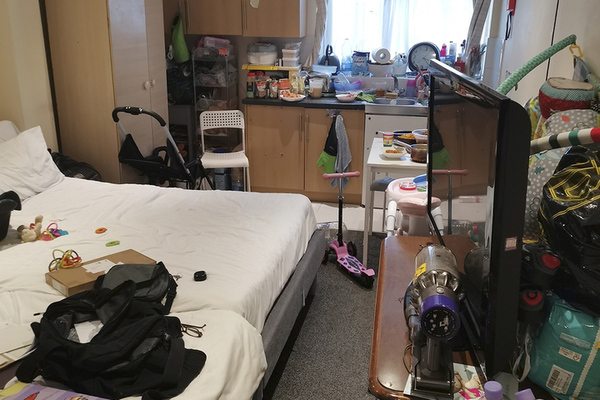You are viewing 1 of your 1 free articles

Steve Douglas is chief executive of St Mungo’s
Two years on from Everyone In, let’s keep the collaborative spirit alive
Two years ago, the government issued English councils with “everyone in” instructions to provide shelter for rough sleepers. Steve Douglas considers what the lessons have been and the crucial role housing associations must play if homelessness is to end
On this day two years ago, the ‘Everyone In’ letter was sent to all local authorities in England and triggered an unprecedented response to street homelessness.
According to government statistics, within a matter of weeks, roughly 37,000 people were provided with secure accommodation and immediate support. We know that the response saved lives.
I joined St Mungo’s in July of that year, and we were already running a host of hotels and reconfigured our services to provide support in secure and safe environments.
“It was great to see housing associations reconnect with their original purpose: to be there for communities and support some of society’s most vulnerable people”
In total we supported about 4,500 people – on top of the roughly 3,200 people we support daily and about 32,000 people annually – and managed 30 hotels, with teams of outreach workers and support staff mobilising to offer advice and support wherever needed.
This was a pretty universal response mirrored by homelessness charities, local authorities and partners across the country. It was a public health emergency and we saw genuine collaboration between the health and housing sectors, as well as between local, regional and national government.
It was great to see housing associations reconnect with their original purpose: to be there for communities and support some of society’s most vulnerable people.
The barriers came down. Social housing providers operated with a new level of flexibility around allocations and eligibility policies, working in partnership with each other, as well as with local authorities, on a scale not seen before.
In Liverpool, for example, housing associations pooled together their vacant properties to allocate homes to get people off the streets and into safe accommodation.
Following collaboration with local councils and charities, 1,000 properties were given to more than 2,000 people, with people given choice about where they wanted to live.
“There is a reputational imperative for housing associations to get this right”
This pooling of properties was replicated elsewhere, with member groups such as Homes for Cathy leading the way in inspiring the sector to join forces in the prevention and relief of homelessness.
The actions confirmed there is a role that housing associations can and do play in supporting communities and helping their resilience.
Two years later, as we learn to live with coronavirus, what is the landscape like now?
Many housing associations are still resolute in their dedication to working with partners to end homelessness and rough sleeping, and are continuing to work with each other, local authorities and homelessness charities like ours to make this a possibility.
What we need going forward is more consistency in this approach across the entire social housing sector.
Safe and secure housing with the right level of support can be transformational in addressing homelessness and many of the challenges associated with it. As a significant provider of Housing First services, we know the difference that this makes.
The Kerslake Commission on Homelessness and Rough Sleeping – chaired by former head of the civil service Lord Kerslake and for which St Mungo’s acts as secretariat – sought to review and learn from the pandemic response.
It made a number of recommendations on how to truly end rough sleeping for good, including how housing associations can build on their positive actions.
A key recommendation was the continued commitment to collaborate, not just during times of emergency, but as part of the way that we do business.
We have seen it across many local authorities including in London and Greater Manchester, where health and housing are working together, and housing providers are demonstrating the real long-term role they can play.
We must raise the bar so that all housing providers commit to working collectively towards this aim. This will transform the emergency pandemic response into the way that housing associations are viewed as positive contributors to communities.
There is a reputational imperative for housing associations to get this right. The very real cost of living crisis, the pressures on families, the impact of the pandemic and its aftermath on health and well-being, the consequences of the end of the moratorium on no-fault evictions are all felt most acutely by the many thousands of people for whom associations provide a home.
The Department for Levelling Up, Housing and Communities announced last month its intention to set out its long-term strategy to ensure rough sleeping is prevented in the first place and responded to effectively when it does occur.
We look forward to this plan bringing all responsible departments together – both local and national. It is necessary and it is urgent. It will need housing associations to continue to make a contribution if we are to help achieve government’s pledge of ending rough sleeping by 2024.
Housing providers have perhaps a unique and measurable opportunity to play a fundamental role in helping ending street homelessness, sustaining tenancies, and providing or signposting to the support that is provided by partners.
Let’s keep the momentum, collaboration and spirit of Everyone In going so that we can end street homelessness for good.
Steve Douglas, chief executive, St Mungo’s
Sign up for our homelessness bulletin
Already have an account? Click here to manage your newsletters
